A Novel Approach for Facial Expression Recognition Using LDP, LPQ, IFS, and DQN
Problem Definition
The traditional research work on face recognition using depth images highlighted several limitations and problems that need to be addressed for more accurate and efficient results. The use of LDPP, PCA, and GDA for feature extraction has its drawbacks, such as not performing deeper analysis, sensitivity to noise, and difficulty in handling large datasets. Additionally, the lack of a feature selection technique further hinders the selection of relevant features from the extracted set. These limitations emphasize the need for a novel approach that can overcome the shortcomings of the traditional methods and improve the region-based face expression recognition system. By addressing these key limitations and problems, a more effective and reliable face recognition system can be developed, leading to higher accuracy rates and better performance overall.
Objective
The objective is to address the limitations and problems in traditional face recognition using depth images by developing a novel approach that overcomes shortcomings of methods like LDPP, PCA, and GDA. The goal is to improve the region-based face expression recognition system by using a hybrid LDP and LPQ technique for feature extraction and applying the Infinite Feature Selection (IFS) method for selecting relevant features. By enhancing feature extraction and incorporating feature selection, the objective is to create a more effective and reliable face recognition system with higher accuracy rates and better overall performance, specifically in facial expression recognition for understanding emotions and mental states.
Proposed Work
In the previous research work, the author utilized depth images for face recognition, employing LDPP, PCA, and GDA for feature extraction, and DBN for classification. However, this approach had limitations, such as the use of outdated feature extraction methods like LDPP and PCA, which are not suitable for large datasets and lack sensitivity to noise. Additionally, no feature selection technique was applied. To address these issues, a novel hybrid LDP and LPQ technique for feature extraction will be used in this proposed work. The Infinite Feature Selection (IFS) method will then be employed to select the most relevant features before training a DBN for accurate recognition.
Facial Expression Recognition is crucial for understanding emotions and mental states, and the proposed approach aims to improve upon traditional methods by addressing their shortcomings. By utilizing advanced feature extraction techniques and incorporating feature selection, this project seeks to enhance the accuracy and efficiency of facial expression recognition systems.
Application Area for Industry
This project can be beneficial for various industrial sectors such as security, healthcare, entertainment, and retail. In the security sector, this solution can be used for access control systems by accurately identifying individuals based on their facial expressions. In healthcare, it can be applied for detecting emotions in patients to provide personalized care. In the entertainment industry, this technology can enhance user experience by analyzing facial expressions during gaming or virtual reality experiences. In retail, it can be used for customer behavior analysis and personalized marketing strategies based on their emotions.
The proposed solutions of using LDP and LPQ for feature extraction, applying feature selection techniques, and using deep belief network classification can address the challenges faced by these industries, such as inaccurate identification, lack of personalization, and inefficient data analysis. By implementing these solutions, industries can benefit from improved accuracy, efficiency, and customer satisfaction.
Application Area for Academics
The proposed project has the potential to enrich academic research, education, and training in the field of facial expression recognition. By introducing novel approaches such as LDP and LPQ for feature extraction, and implementing feature selection techniques like IFS, the project addresses the shortcomings of traditional methods like LDPP and PCA. This advancement could offer researchers a more efficient and accurate way to analyze facial expressions.
Educationally, this project can serve as a valuable tool for students and researchers in the field of computer vision and image processing. By studying the code and literature of this project, MTech students and PhD scholars can enhance their understanding of advanced feature extraction and classification techniques, and how they can be applied in real-world scenarios.
Furthermore, the integration of deep belief network classification approach in this project opens up opportunities for innovative research methods, simulations, and data analysis within educational settings. This technology can be applied in various research domains such as emotion recognition, psychological studies, and human-computer interaction.
In the future, the project's code and literature can serve as a reference for further research in facial expression recognition. Researchers can build upon this work to explore new avenues of study, refine existing algorithms, and develop more sophisticated systems for emotion detection. The project's potential applications in academic research and education make it a valuable contribution to the field of facial expression recognition.
Algorithms Used
LDP (Local Directional Pattern) and LPQ (Local Phase Quantization) algorithms are used for feature extraction in this project. These algorithms help in capturing important local information from facial expression images, which is crucial for accurately recognizing different facial expressions such as happy, sad, fear, disgust, angry, neutral, and surprise. By extracting relevant features using LDP and LPQ, the system can effectively distinguish between different expressions and improve recognition accuracy.
In addition, the IFS (Incremental Feature Selection) technique is applied to reduce the complexity of the system by selecting the most informative features for classification. This helps in improving the efficiency of the facial expression recognition system by eliminating redundant or less important features.
By selecting the most discriminative features, the system can focus on relevant information and achieve better performance in recognizing facial expressions.
Lastly, the DQN (Deep Q-Network) algorithm is used for feature classification in this project. Deep belief network classification helps in accurately classifying the extracted features into different facial expression categories. By leveraging the power of deep learning techniques, the system can learn complex patterns and relationships in the data, leading to improved accuracy and robustness in facial expression recognition.
Overall, the combination of LDP, LPQ, IFS, and DQN algorithms plays a crucial role in achieving the project's objectives of accurately recognizing facial expressions, enhancing accuracy, and improving efficiency in the facial expression recognition system.
Keywords
SEO-optimized keywords: face recognition, depth images, LDPP, Local Direction Positional pattern, PCA, Principal Component Analysis, GDA, Generalized Discriminant Analysis, feature extraction mechanism, feature classification, DBN, Deep Belief Network, traditional research work, facial expressions, image analysis, video clip analysis, sensitivity recognition, mental views, novel approach development, feature selection technique, LDP, Local Directional Pattern, LPQ, Local Phase Quantization, recognition accuracy, emotion analysis, human-computer interaction, performance enhancement.
SEO Tags
face recognition, depth images, LDPP, Local Direction Positional pattern, PCA, principal Component Analysis, GDA, Generalized Discriminant Analysis, feature extraction, DBN, Deep Belief Network, accuracy rate, feature selection technique, facial expression recognition, LDP, Local Directional Pattern, LPQ, Local Phase Quantization, Infinite Feature Selection, emotion analysis, human-computer interaction, performance enhancement
| Shipping Cost |
|
No reviews found!













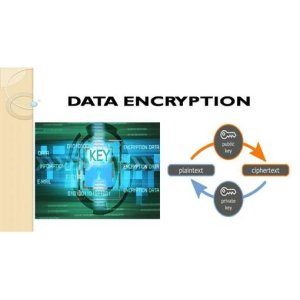
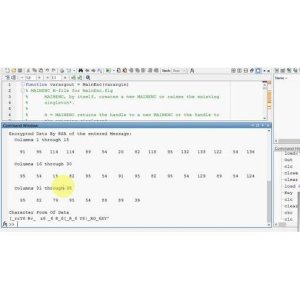
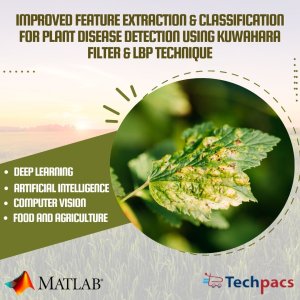
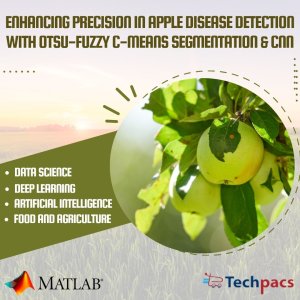
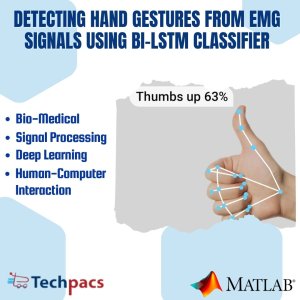
































No comments found for this product. Be the first to comment!